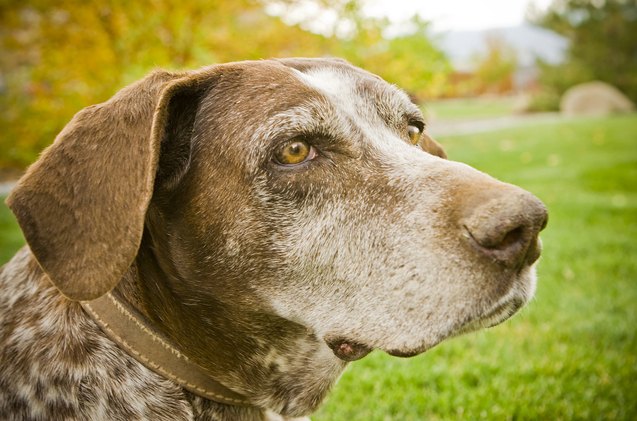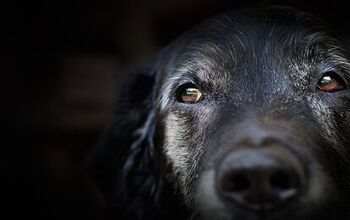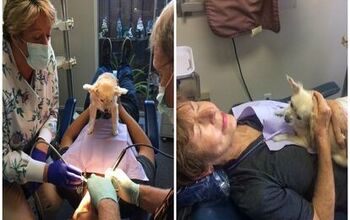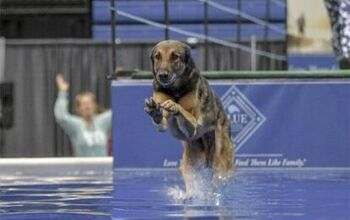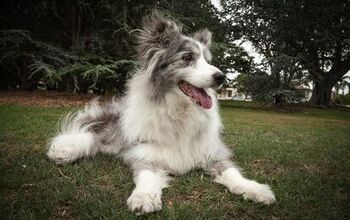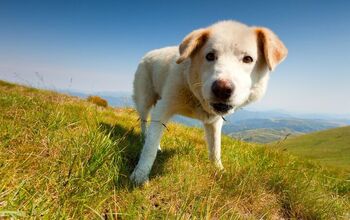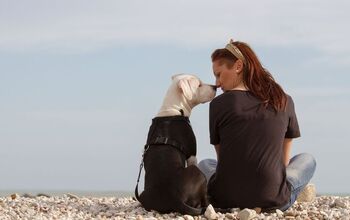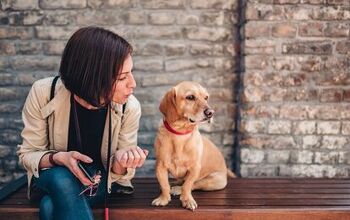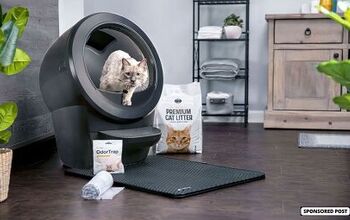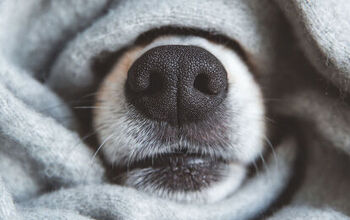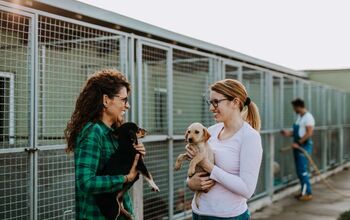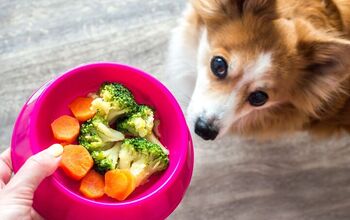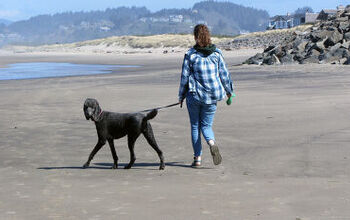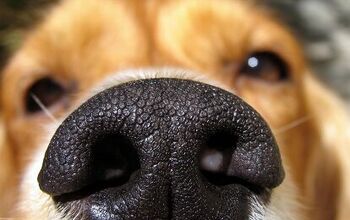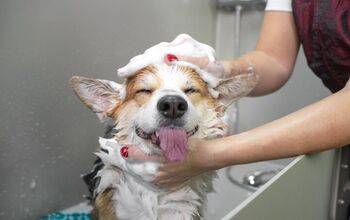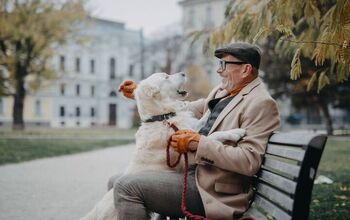The ABCs On How To Extend Your Senior Dog’s Lifespan

For many dog owners, a dog is more than just a pet – he is a trusted companion and honorary member of the family. As such, you do everything you can to keep your dog healthy so he is able to enjoy a long and fruitful life by your side. When your beloved friend starts to age, however, it can be difficult to accept the fact of your pet’s mortality. What you may not realize is that there are plenty of things you can do to extend your senior dog’s lifespan so he can live the long life he deserves.
At Once: Start Sooner Rather than Later
When it comes to caring for your senior dog, you need to pay close attention to changes in your dog’s behavior and appearance right now – don’t wait until you notice a problem to make beneficial changes to your dog’s lifestyle. The results of a study conducted by Nestle Purina PetCare indicate that pet owners can extend the lifespan of their dogs simply by maintaining a healthy body condition during the dog’s early life. The study showed that dogs who maintained ideal body condition throughout the majority of their life lived 1.8 years longer and were considerably healthier in old age than other dogs.
Related: Top 10 Reasons for Adopting an Older Dog
To maintain your pooch’s healthy body condition into old age, you need to be careful about what type of food you give your dog and how much you are feeding him – you also need to know how to evaluate his condition. When viewed from above, a dog in ideal body condition should have a visible waist and an abdominal tuck – his ribs should also be easy to feel under the skin but not protruding. If your dog is too thin with protruding ribs, you may need to feed him more. If his ribs are concealed by a thick layer of fat and if he has no visible waist, you may need to cut back. Making changes to your dog’s diet early in his life can have long-lasting effects that impact his lifespan.
Basic Needs of Senior Dogs
As your dog ages, his needs may change. Not only might you need to adjust the type and amount of food you give your dog, but you may also need to make adjustments to his exercise regimen and other parts of his lifestyle. The older your dog gets, the slower his metabolism becomes. To prevent senior dogs from becoming obese (a condition that will significantly shorten his lifespan), you may need to switch to a commercial dog food formulated specifically for senior dogs. You will also need to keep an eye on how much you are feeding your pet (this includes treats!) to make sure he isn’t gaining weight.
Related: Supplements And Diet For Senior Dogs
In addition to making changes to your dog’s diet, you may also have to adjust his exercise regimen. Not only do senior dogs experience a decrease in mobility, but they may also be more sensitive to overexertion during exercise. Check with your veterinarian before making changes to your dog’s diet or exercise regimen to be sure he is healthy enough for the changes. Avoid strenuous exercise and activities that might put a lot of strain on your dog’s joints like hiking, running, and climbing.
Caring: Love, Affection and Petting
Studies have shown that petting a dog may help to lower not only your own blood pressure and breathing rate, but it may have the same affect for your dog. While petting your dog, you also have the opportunity to check for bumps and other abnormalities which may indicate a health problem. As you pet your dog, pay attention to his reaction – if touching him in a certain area induces a wince or whimper, you may want to have your dog checked by your veterinarian. Petting your dog not only helps him to relax, but it will also help him to feel loved – this is especially important as your dog nears the end of his lifespan.
Your dog is your best friend and a cherished member of your family. As such, don’t you think it is worth it to make a few simple changes and observations to ensure that he enjoys the long, healthy life that he deserves?

Kate Barrington is the loving owner of two cats (Bagel and Munchkin) and a noisy herd of guinea pigs. Having grown up with golden retrievers, Kate has a great deal of experience with dogs but labels herself a lover of all pets. Having received a Bachelor's degree in English, Kate has combined her love for pets and her passion for writing to create her own freelance writing business, specializing in the pet niche.
More by Kate Barrington



